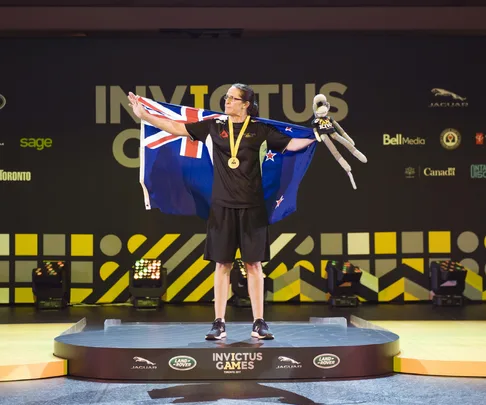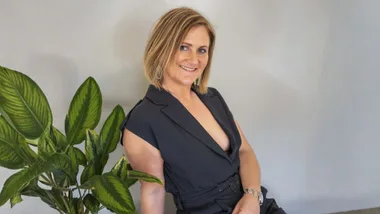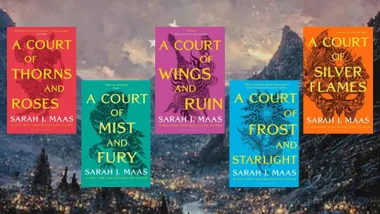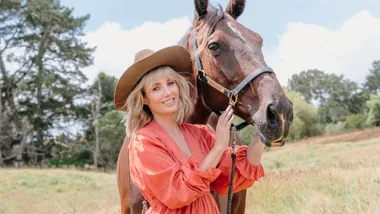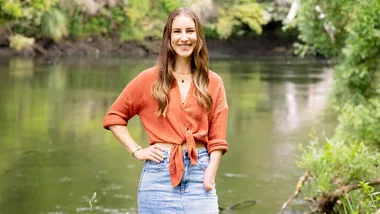Words probably cannot do justice to the enormous impact the Invictus Games has had on Vanessa Bawden-Pere’s mental wellbeing.
Crippled for years by post-traumatic stress disorder (PTSD), the former Army Reserve staff sergeant and mum of two was prone to angry outbursts, feelings of anxiety, vivid nightmares and flashbacks. Spooked by large crowds and noise, the Cantabrian even avoided her sister’s wedding.
Yet four years ago – shortly after quitting a 26-year army career – she was diagnosed with PTSD, and so began Vanessa’s road to becoming “a better wife, mother and friend”.
Both medication and psychotherapy have aided her recovery, but nothing has had quite the same impact as the Invictus Games – the multi-sport event for wounded, injured and sick military personnel, founded by Prince Harry.
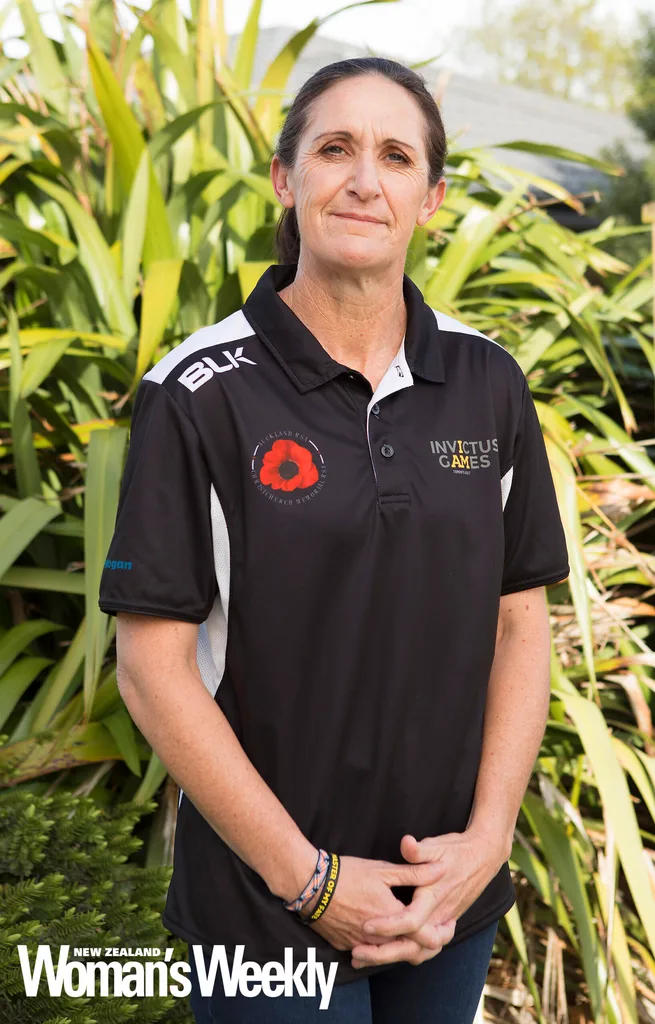
Set to compete in the games for a third time in October, this time in Sydney, the 48-year-old, who today trains young medics in the Defence Health School, says, “If I hadn’t discovered the Invictus Games, I’d have gone into a dark place and probably never come back.”
Raised on a farm in Waipawa in Hawke’s Bay, Vanessa signed up to the army on a whim at 17 years old. During her career, she served both overseas and domestically, and was exposed to a number of traumatic events, which, even today, she prefers not to talk about.
The impact took a huge toll on her mental health, but she refused to accept the symptoms.
“I didn’t want to show any sign of weakness. I very much had a ‘she’ll be right’ attitude,” explains Vanessa. “For what I thought were episodes of depression, I refused to take medication.”
Prone to reckless behaviour and bouts of heavy drinking as a way to cope with the condition, she tried to take her own life on two occasions.
She found some stability in family life with husband Al. They welcomed their first child, son Sean, 19 years ago, and a daughter, Monica, six years later.
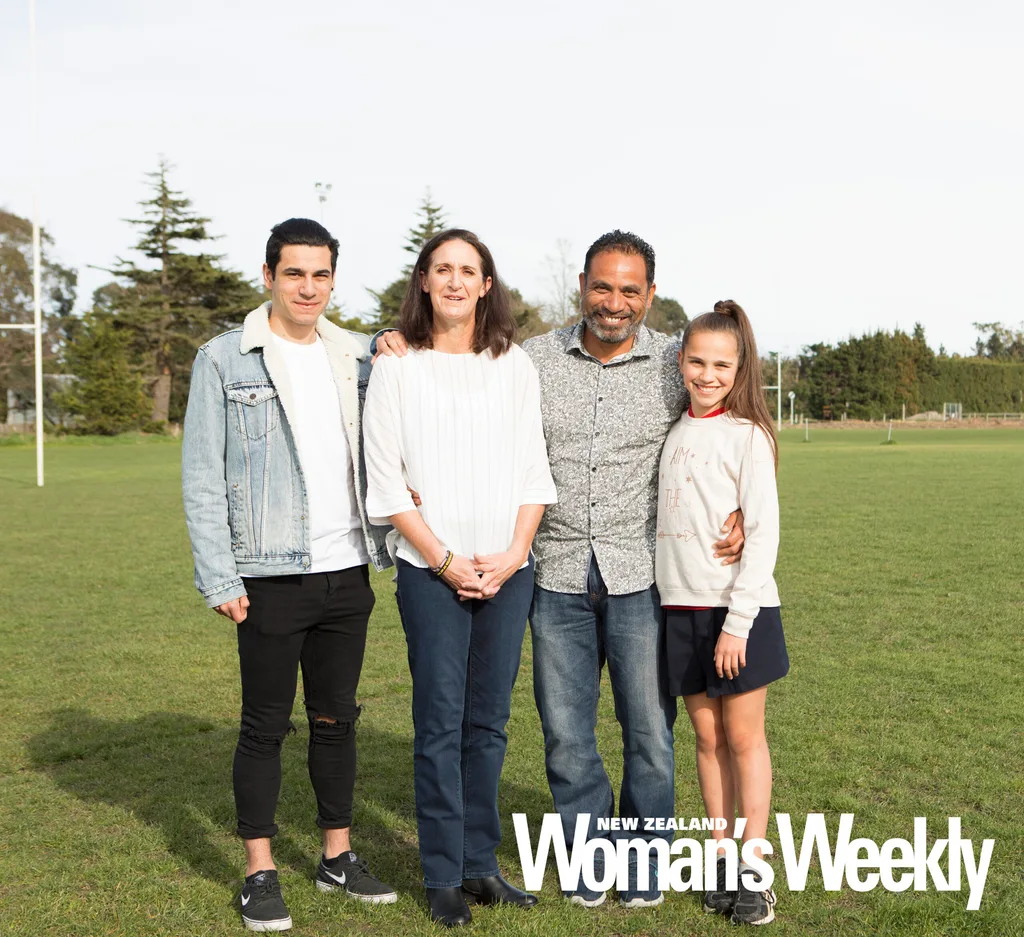
Yet Vanessa’s symptoms never disappeared completely and on occasion her children bore the brunt of the PTSD.
“I remember losing my temper with Monica after she popped a balloon,” she says. “Of course, it wasn’t her fault, but I found loud noises, noisy environments and big crowds hard work.”
The final straw in Vanessa’s battle with PTSD came some time later when she called Sean, who was walking behind a bus, to come to her. Moments later, he was hit by a car and his leg was broken in two places.
“I still blame myself for what happened,” she says of the accident. “Nobody else but me called him over, and I knew, on the back of this and other events, that I needed help.”
A formal diagnosis of complex PTSD provided much-needed clarity for Vanessa, who lives with her family in Springston near Christchurch.
“It finally all made sense – the angry outbursts, wicked nightmares and the avoidance behaviour,” she says.
“I missed my sister’s wedding because it was easier to come up with an excuse. I have missed some major events in my life because of the PTSD. Many things that required me to get out of my safe area, my house, I avoided. “I don’t know how my husband stuck around. He has been a huge support.”
Vanessa, who had previously dismissed the suggestion of medication, started taking antidepressants – something she believes has helped her become “a better person”. Yet it was after a friend introduced her to the Invictus Games and she successfully applied to be on the New Zealand team for the 2016 games in Orlando, Florida, that her life was transformed.
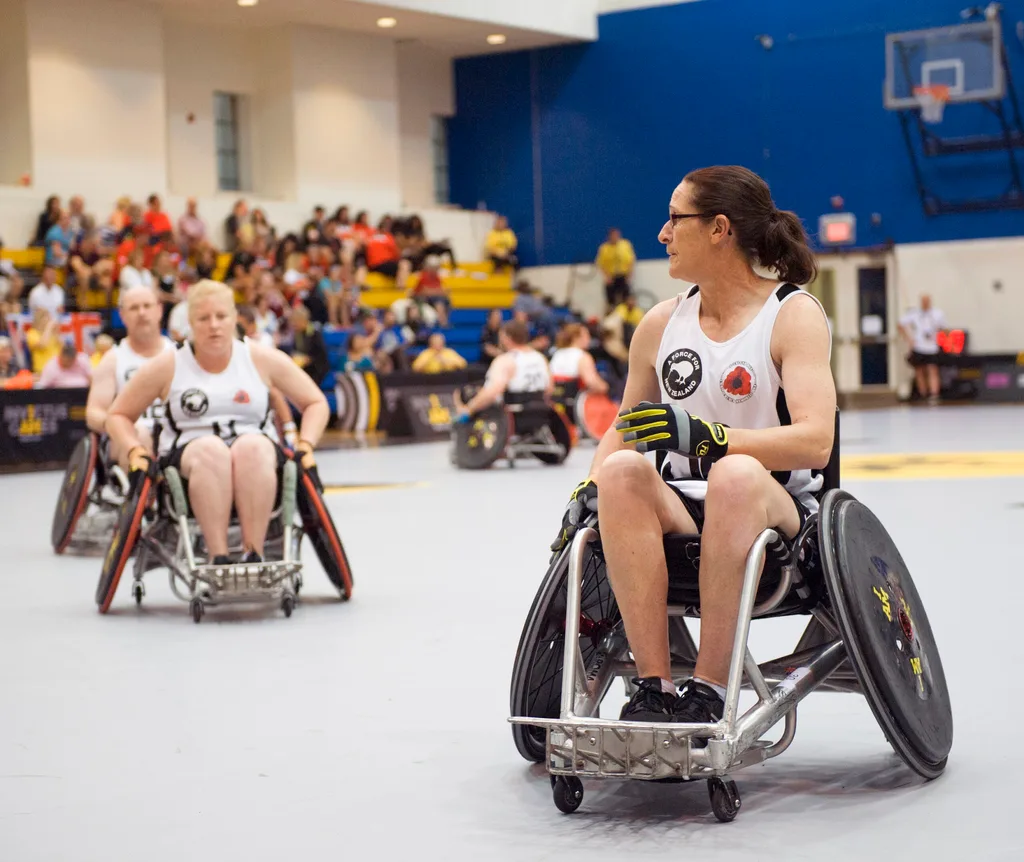
Competing in powerlifting, indoor rowing and wheelchair basketball, her mental wellbeing benefitted greatly from the increased physical activity.
Then, on arrival in Orlando, she was humbled by the presence of dozens of other competitors.
“It was a real eye-opener,” she admits. “I met people with far worse injuries than I had, who were totally inspirational. I didn’t do too well in the competition, but it gave me a real incentive to work towards Toronto,” she says of planning for the 2017 Invictus Games.
Toronto was “the turning point”, says Vanessa. She went on to win gold in power lifting for the New Zealand team. A haka from her peers sent her self-confidence soaring.
Following her Canadian adventure, the athlete now undertakes regular sessions with a psychologist, and she has shared her personal story in group presentations to one of the team’s sponsors, Fulton Hogan.
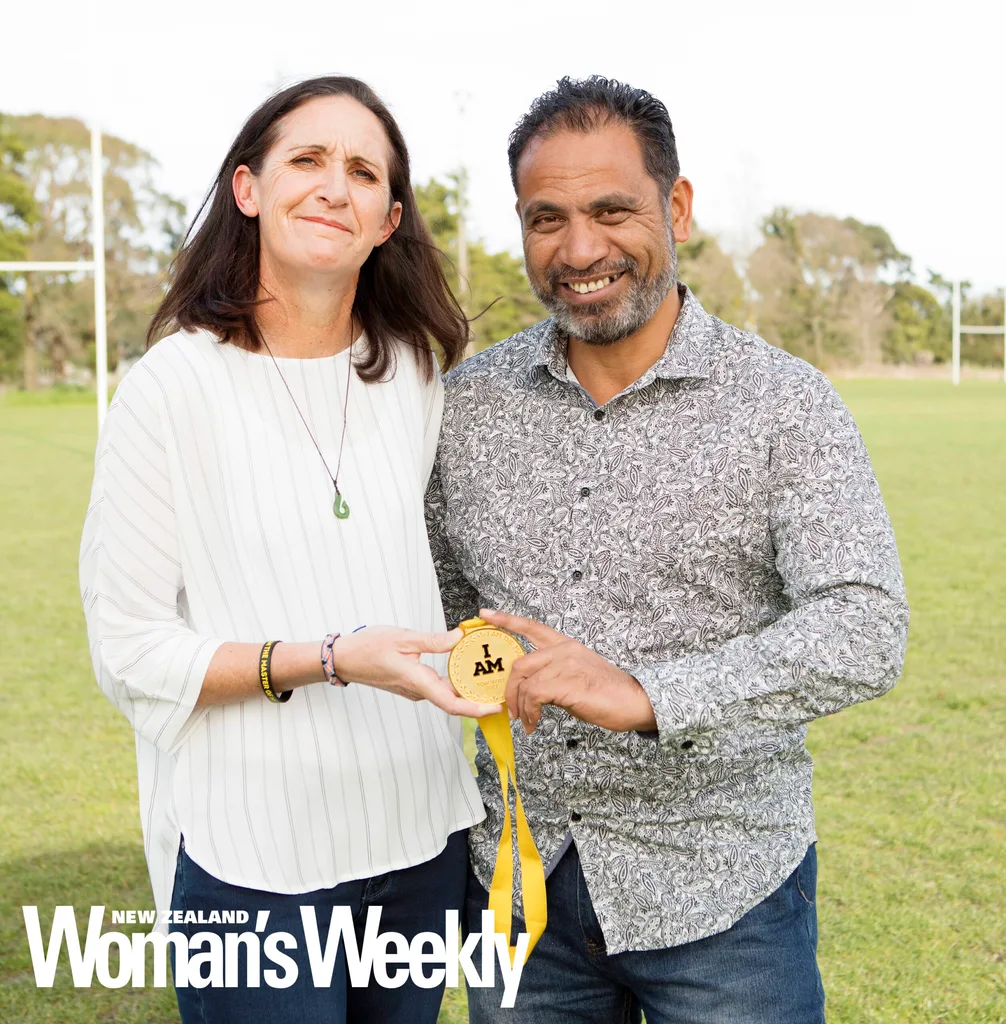
Describing herself as “very lucky” to be competing at her third Invictus Games, this time Vanessa intends to compete in wheelchair tennis, wheelchair rugby, wheelchair basketball, shot put and discus, but she insists Sydney is less about her and more about the experience of others on the New Zealand team.
“I said to one of the new team members that Invictus is a life-changing experience, and she laughed in disbelief,” she explains. “I look forward to catching her at the end of the event and saying, ‘Told you so.’
“I owe a big thank you to everyone who has supported me during this journey. To all ex and serving personnel, please don’t fight stigma or adopt a ‘she’ll be right’ attitude. There is help out there.”
